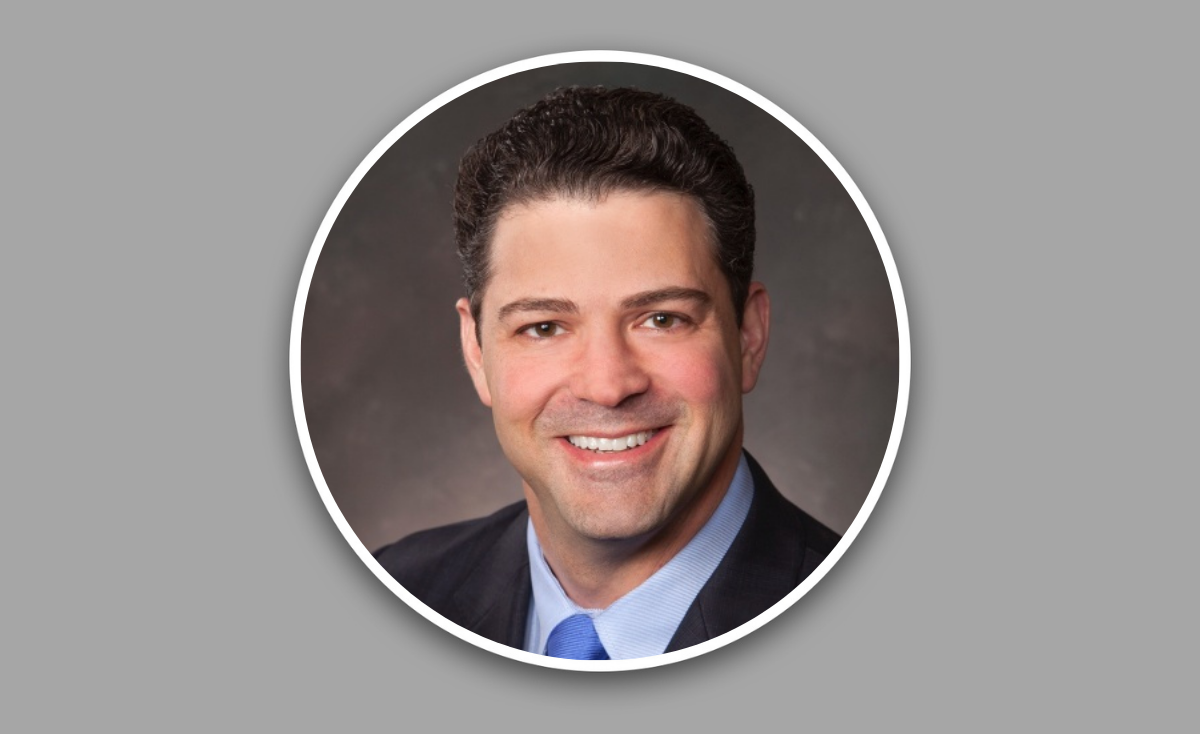
Cameron Black: Technology and technological enablement remains the name of the game. We still seem to be at the beginning of the curve on all types of automation and enhanced capabilities.
Interestingly, technology is at about a 15% weight for public equities, while it is about 30% for private equity. Communications is a little over 3% in the public space and closer to 7% in the Private Equity (PE) space.
“Just because something is labelled a technological innovation doesn’t mean
it will succeed as a business or an investment.”
20% of all PE deals last year were software related, which all suggests that technology is still a very fertile area. There is also a lot of attention on green energy, which seems to be both a political and environmental imperative.
But just because something is labelled a technological innovation doesn’t mean it will succeed as a business or an investment.
Getting the right deals at the right price and curating a strong portfolio remains the critical function of a GP.
Cameron: I have concerns about valuations in PE, but I also have the same concerns with the public equity and debt markets as well.
It’s obvious that we can’t keep pumping out the same level of monetary or fiscal stimulus into the economy as we have for the past 12 months. At some point, a shift in the liquidity regime will hit the investment markets.
Right now, there is a massive and growing amount of money chasing limited deals. At some point, this will shift and it could be gradual or it could be more sudden.
“At some point, a shift in the liquidity regime will hit the
investment markets.”
I suspect that going forward dispersion amongst private equity managers will be quite high.
Another basket of concern is around regulation and oversight, such as the ongoing discussions around potential tax increases, changes to economic incentives, and greater government oversight for technology companies.
Regulators are also raising concerns about SPACs and this option as ‘an exit’ option may begin to decline, which at the margins could affect valuations.
Cameron: The concern around inflation is so pervasive that I feel it actually minimises the actual threat.
It doesn’t seem to be sneaking up on anyone. It is inevitable that we are going to see some inflationary pressure on a year-over-year basis given the basing effect and supply and demand imbalances as the economy reopens.
But I am not sure of the durability of the inflationary pressures. But, in any case, you don’t need run-away inflation to believe that we shouldn’t have negative real yields forever.
To me, some of the recent steepening in the yield curve is just adjusting for a more normal long term inflation expectation as we come out of a pandemic induced crisis.
“You don’t need run-away inflation to believe that we
shouldn’t have negative real yields forever.”
A yield of 1.60-1.70% on the 10-Year Treasury is still ridiculously low number on an absolute basis and I expect it to drift up further. But, I hope it does so on an incremental basis.
Another thing to consider is that the new proposed government spending measures such as Biden’s infrastructure plan would dole out money over a long period of time unlike the COVID stimulus packages which injected a massive amount of money with relative immediacy.
This makes a big difference when talking about excess cash in the system. The incremental dollars are likely to go in slower and won’t even approach the levels of the spending we have just seen on an annual level.
I am open to the idea that we are going to see higher secular inflation, but it is not my base case.
Cameron: It is now deeply embedded in the investment zeitgeist and there is no excuse for anyone in the investment community to not be able to articulate their views on it.
For example, when we are talking to a manager, if they can’t articulate what they are doing around ESG, we wonder what else they are not paying attention to.
“There is no excuse for anyone in the investment
community to not be able to articulate their views on it.”
This is no longer a niche focus. ESG is on the minds of every GP, if for no other reason than because it is on the minds of every LP.
It’s also important to note that, if you are considering locking up your investment for ten years, ESG concerns become very real.
If an investor is not thinking about sustainability and the way that the world is headed, that is a cause for concern.